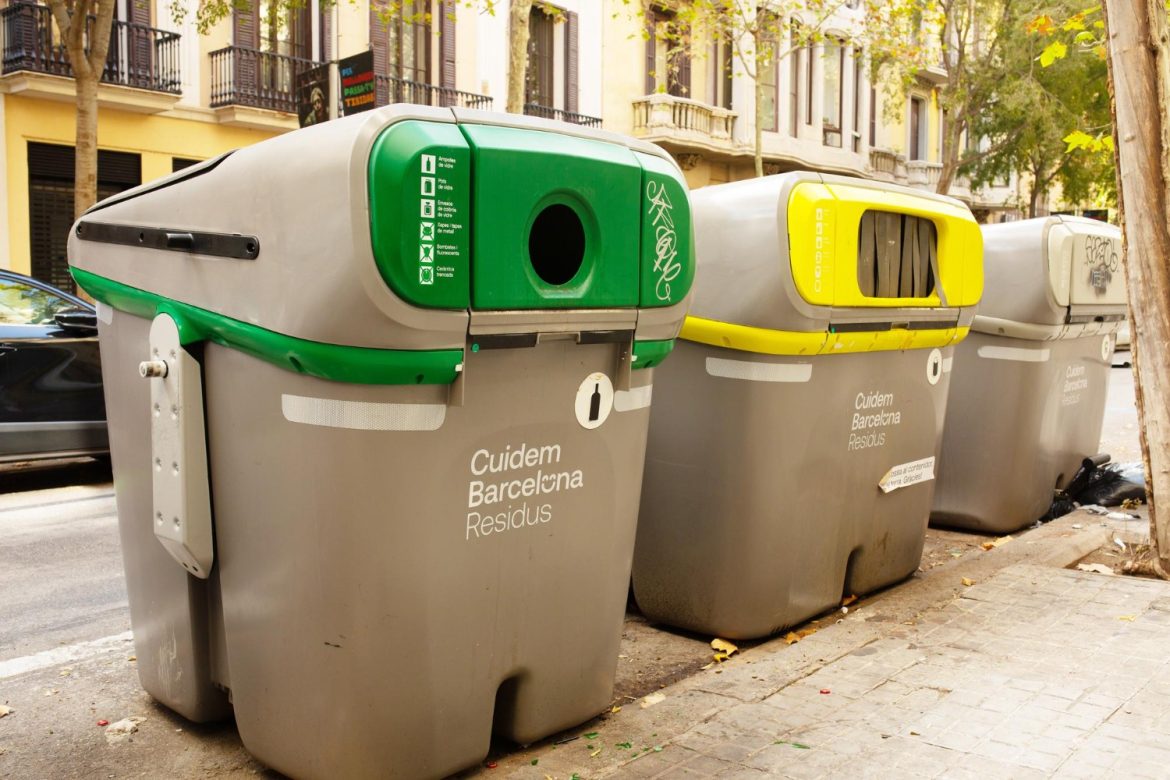The collection and management of municipal solid waste (MSW) is the hidden heartbeat of every major city—an essential public service organized by municipalities to protect health and the environment. However, beyond the mere logistics of containers and trucks, it has become a powerful instrument of economic and environmental policy. The transition toward a circular economy has transformed this service into the front line where the battle for sustainability is fought, focusing on an uncomfortable but necessary principle: those who pollute more should pay more.
This principle, known as the “polluter pays,” is the central axis of a quiet revolution in the financing of cleaning services. Traditionally, the cost was diluted in municipal budgets, paid equally by all citizens regardless of their actual contribution to the problem. Now, the unstoppable trend is toward specific fees. In Spain, this change is palpable with the separation of waste costs from the Property Tax (IBI) bill, seeking transparency that makes the price of generating waste visible. The goal is clear: to internalize the environmental cost and make citizens’ and, crucially, businesses’ wallets react to it.
Responsibility extends without exceptions. Not only households and local businesses are in the crosshairs. Large companies, including those in transport and logistics—activities with a significant waste footprint—are required to finance the management of the waste generated by their operations. This green taxation does not discriminate by sector; it is an imperative aimed at correcting a negative externality. Making a multinational or a shipping company pay for their waste is not a fiscal whim but the realization of their extended responsibility as economic actors in a territory.
The tool for implementing this environmental justice is twofold: legislation and technology. Spain’s Law 22/2011 on Waste and Contaminated Soils and European directives mark the path, but it is the municipalities that traverse it with innovation. Smart containers with access cards, like those deployed in Barcelona, are the executing arm of “pay-as-you-throw.” This system directly links the act of discarding waste with a variable cost, rewarding those who recycle and reduce their residual waste and penalizing wastefulness. Citizen education is the indispensable complement to make this transition socially accepted and technically viable.
At its core, this funding model is the fuel of the circular economy. Selective collection is not just about cleanliness; it is the reverse logistics system that feeds the recycling industry. Every ton of plastic, glass, or paper properly separated is a secondary raw material that avoids the extraction of new resources. By charging more for what goes into the gray container (non-recyclable waste), valuable materials are economically incentivized to go into the blue, yellow, and green containers, closing the loop.
The significance of this issue is undeniable for the future of European cities. Waste management has ceased to be a simple service and has become a thermometer of a society’s environmental maturity. The waste bill, with its growing component of green taxation, is no longer a hidden expense but an investment in sustainability and a powerful reminder that the health of our cities has a price, and this price must be distributed with the greatest possible environmental equity.
Have any thoughts?
Share your reaction or leave a quick response — we’d love to hear what you think!





